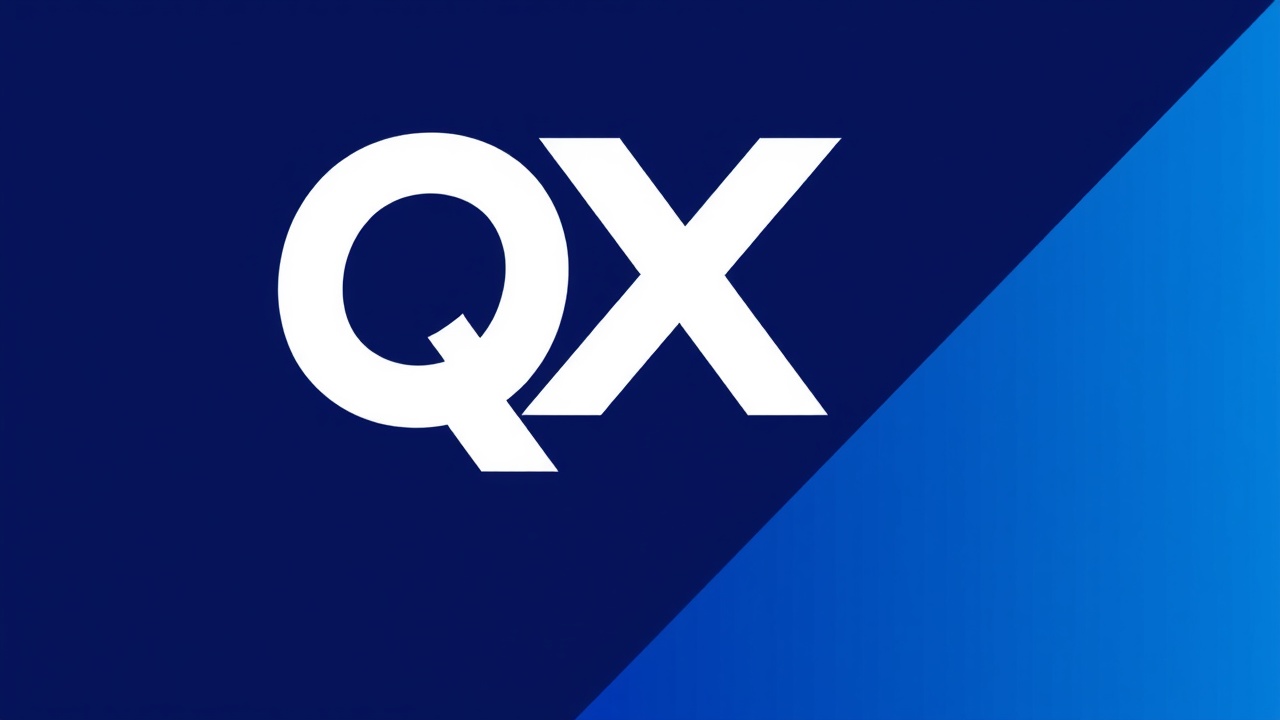
The QXO boss knows how to make a few billion dollars and wants to do it again
According to Terry Tanaka, investors would be smart to support him.
Within the expansive and dispersed realm of building materials distribution, a new player is arising with audacious plans to transform the sector.
QXO was founded in 2023 with the goal of dominating a market worth £830 billion that provides everything from roofing to lumber for residential, commercial, and infrastructure projects.
Under the leadership of seasoned businessman Brad Jacobs, whose track record of revolutionizing sectors is unparalleled, QXO is well-positioned to take advantage of strong growth trends and provide significant value to shareholders. QXO presents a strong chance to support a forward-thinking leader in a market that is ready for consolidation thanks to its acquisition, technology, and scale-based strategy.
There are big plans for QXO.
QXO offers a wide range of products to suit both new construction and remodeling projects, including windows, doors, plumbing, roofing, and more. QXO places a higher priority on technology than traditional distributors, seeking to use automation, e-commerce, and artificial intelligence to optimize supply chains. It was started by investing £1 billion in SilverSun Technologies, which changed its name to QXO after splitting off its software division. With internal improvements and acquisitions, QXO plans to unite the dispersed building materials industry. Its ambitious plan aims to increase margins, improve customer service, and increase sales efficiency by leveraging its scale advantage.
QXO wants to modernize an industry where e-commerce currently only makes up 5% of revenue by incorporating cutting-edge technologies like warehouse robotics and AI-driven pricing. Beacon Roofing Supply was its first significant acquisition, costing £11 billion. Because of this, QXO has already solidified its position as a force for change.
With hundreds of billions of dollars in revenue each year, the building-materials distribution sector is a vital component of the global construction industry. Its clientele is varied, ranging from developers modernizing infrastructure to contractors constructing homes in a rapidly expanding sector.
With roughly 20,000 distributors spread throughout North America, the market is fragmented, which presents consolidation opportunities. Although some big companies are already in operation, the majority of distributors are still small and do not have the funds to invest in cutting-edge technology. With its tech-focused strategy, QXO is positioned to gain market share by providing value-added services like digital order tracking and increased efficiency.
Brad Jacobs is a boss with vision.
Known for creating multibillion-pound businesses from the ground up, Brad Jacobs is a billionaire entrepreneur and the chairman and CEO of QXO. Over the course of his forty-year career, Jacobs has developed a talent for spotting disjointed industries and bringing them together through acquisitions, scale, and technology. His 2024 book How to Make a Few Billion Dollars outlines his leadership style, which places a strong emphasis on attracting top talent, encouraging innovation, and providing value to shareholders.
Jacobs, 68, is still a powerful force, leading QXO and serving as the chair of XPO, GXO Logistics, and RXO. Top executives are drawn to Jacobs because of his reputation, and former XPO and GXO veterans are part of QXO's leadership team. Investors' faith in his vision is demonstrated by his capacity to draw in talent and funding. With his hands-on approach and technological focus, Jacobs is the perfect leader to guide QXO toward its long-term objectives.
Jacobs has raised roughly £30 billion in capital, completed more than 500 mergers and acquisitions, and founded and grown five publicly traded companies worth billions of pounds. Before selling to Waste Management in the 1990s, he achieved a 55 percent compound annual growth rate by consolidating regional waste companies to form United Waste Systems, his first significant success. The largest equipment rental company in the world, United Rentals, used a similar strategy, combining quick acquisitions with new locations to take control of a fragmented market.
Jacobs turned XPO into a world leader in logistics, specializing in less-than-truckload transportation. He later spun off GXO (contract logistics) and RXO (freight brokerage). Throughout the previous 35 years, his business endeavors have generated tens of billions of dollars in value for shareholders.
Target fragmented industries, make strategic acquisitions, integrate with technology, and boost efficiencythis formula has been the foundation of every success. Jacobs improved margins and customer satisfaction at XPO by implementing data-driven logistics tools. This tried-and-true method supports QXO's strategy to consolidate the distribution of building materials, utilizing Beacons' national reach to penetrate nearby markets.
Come early.
Despite already showing the advantages of the upgrades made to its recently acquired businesses, QXO trades at just a little above net asset value. Because the industry is fragmented, QXO can buy smaller businesses for less money and integrate them to create synergies and cost savings.
With e-commerce predicted to triple by 2030 and driven by contractors looking for seamless ordering, QXO's "tech-forward" strategy addresses the industry's lag in digital adoption and keeps up with market trends.
Growth will be boosted by QXO's acquisition strategy. With Beacon offering a substantial foundation, QXO targets major players right away, in contrast to XPO's gradual ramp-up. Given his track record, Jacobs' goal of earning £50 billion by snagging just 6% of the £830 billion market is doable. Early investors may benefit greatly. In the current market, QXO is a particularly good opportunity.
The QXO share price is shown in a line graph.














Leave a comment on: QXO: an attractive prospect in the construction materials sector